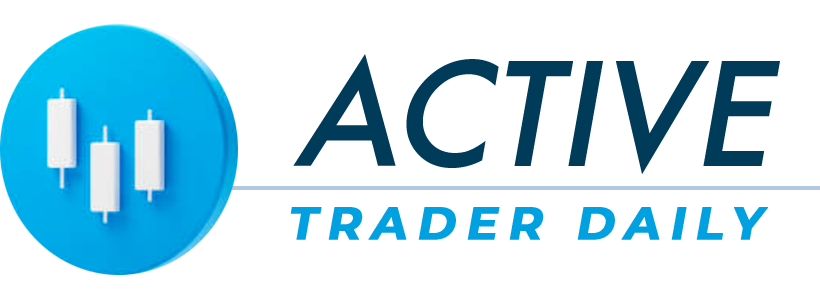By Lisandra Paraguassu, Marta Nogueira and Fabio Teixeira
BRASILIA/RIO DE JANEIRO (Reuters) -Brazil’s government will push state-run oil company Petrobras to reinvest cash set aside for dividends, two sources told Reuters, after its board spiked an extra dividend, blindsiding investors and sending shares plunging 10% on Friday.
Petrobras CEO Jean Paul Prates on Friday spent over two hours on an earnings call trying to ease concerns that Brazil’s leftist government was shifting the company’s capital management strategy to prioritize investments over shareholder payouts.
At a board meeting on Thursday to discuss fourth-quarter earnings, Prates had presented a management proposal for a payout of 50% of the extraordinary dividend allowed by its bylaws, but government-appointed board members voted it down.
The decision to withhold that payment came from Brazilian President Luiz Inacio Lula da Silva at a meeting with Prates and Energy Minister Alexandre Silveira this week, said one of the people familiar with the matter, who requested anonymity.
In its earnings release, Petrobras said it would only pay a routine dividend of 14.2 billion reais ($2.9 billion) to shareholders, while 43.9 billion more would be set aside in a fund for “capital remuneration.”
During the Friday call with investors, Chief Financial Officer Sergio Caetano repeatedly tried to calm investors by saying the cash was set aside for investors and not investments, without giving a timeline for any payouts. Decisions on extraordinary dividends will still come at the end of each fiscal year.
“Some doubts arose as to whether it could be used for investments. It cannot be used for investments, the purpose of this reserve is for distributing dividends,” he said.
Brazil’s government, the majority shareholder at Petrobras, wants to revise the rules governing that reserve so it can be used for reinvestment, said the two government officials familiar with the matter.
That would boost concerns among investors that Lula wants to use Petrobras to bolster Brazil’s economy and create more jobs, as his Worker’s Party did over a decade ago with a capital spending spree that left the company deeply indebted.
Later on Friday, Petrobras issued a statement dismissing a report by local newspaper O Globo that said Prates threatened to step down if the dividends were not paid.
The firm said Prates did not offer to step down due to “this or any other matter” and also dismissed O Globo’s report that he would have explained himself to minority shareholders.
In recent years, Petrobras has become a cash cow for its shareholders, including the Brazilian government, with the prior management paying out far more than Western oil major peers.
Under new management picked by Lula, the company had pared back its payouts, but an extraordinary dividend was still widely expected.
Goldman Sachs analysts told clients that investors had voiced expectations of a $3 billion to $4 billion extraordinary dividend in addition to the predetermined year-end payout.
The lack of an extra dividend triggered a slew of downgrades, including at Bank of America, Bradesco BBI and Santander, as analysts questioned how the firm would spend its growing cash reserves.
The decision “heightens the risk perception at Petrobras, particularly on the government influence regarding major capital allocation decisions,” analysts at Bank of America wrote in a note to clients while downgrading the stock to neutral.
Petrobras reported a 6.3% drop in its fourth-quarter net recurring profit to 41 billion reais, beating expectations of 35.3 billion reais among analysts polled by LSEG.
($1 = 4.9769 reais)
(Reporting by Marta Nogueira and Fabio Teixeira in Rio de Janeiro, Peter Frontini in Sao Paulo, Lisandra Paraguassu in Brasilia; Editing by Jonathan Oatis, Marguerita Choy and Chris Reese)












